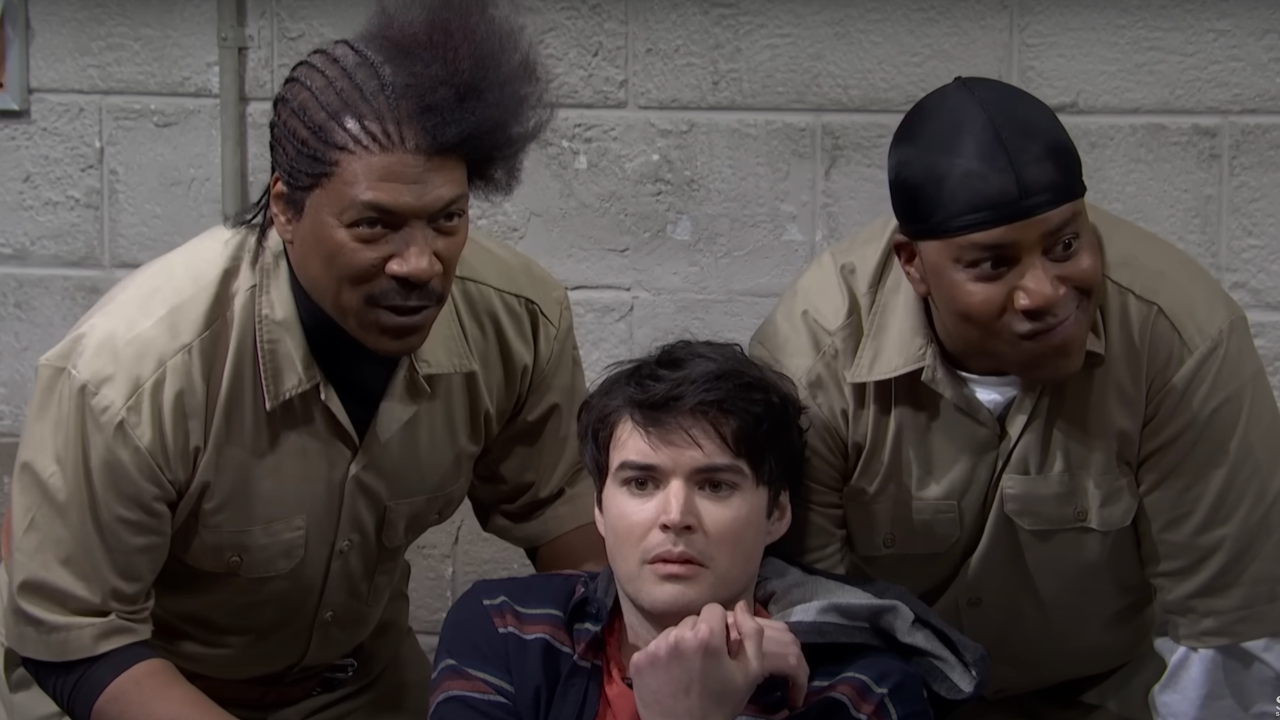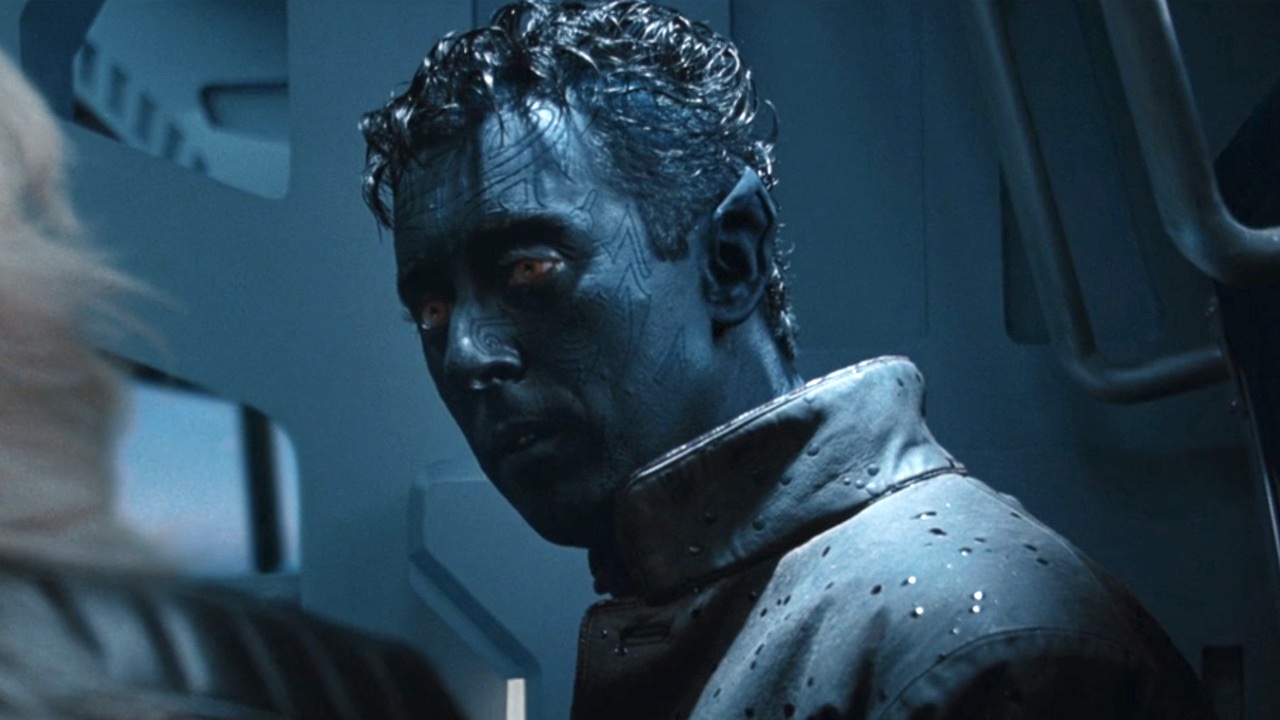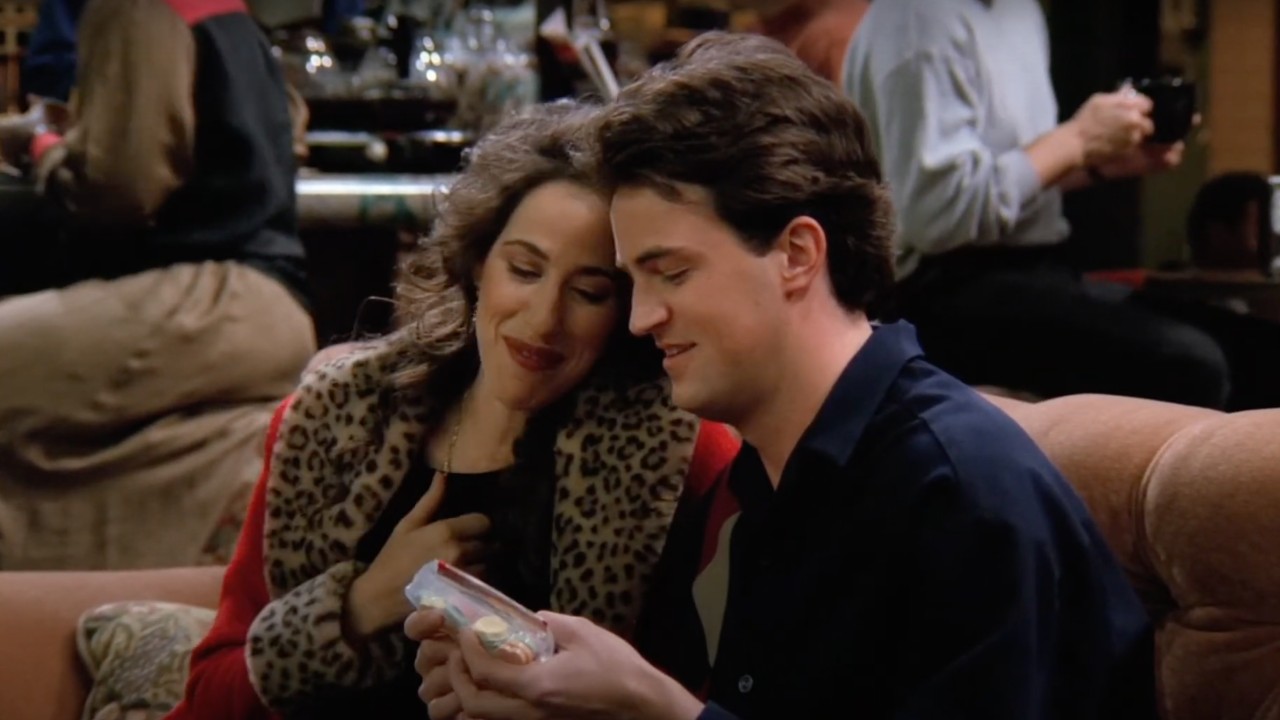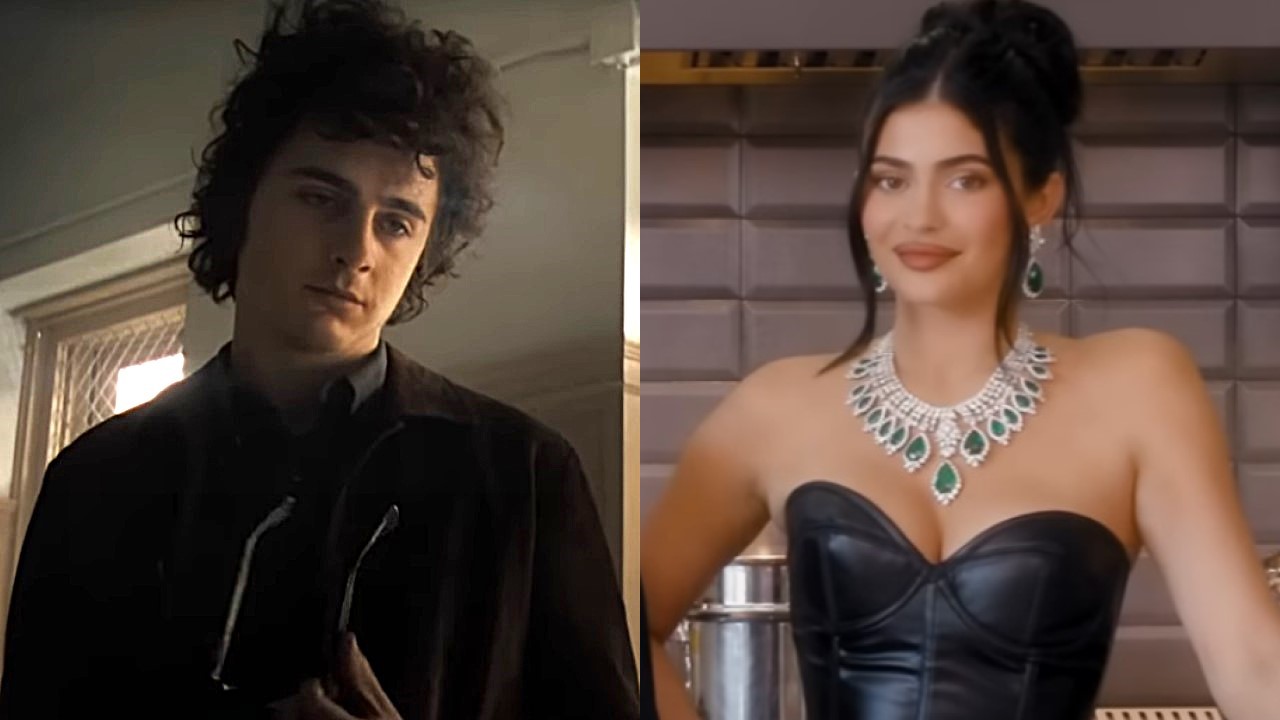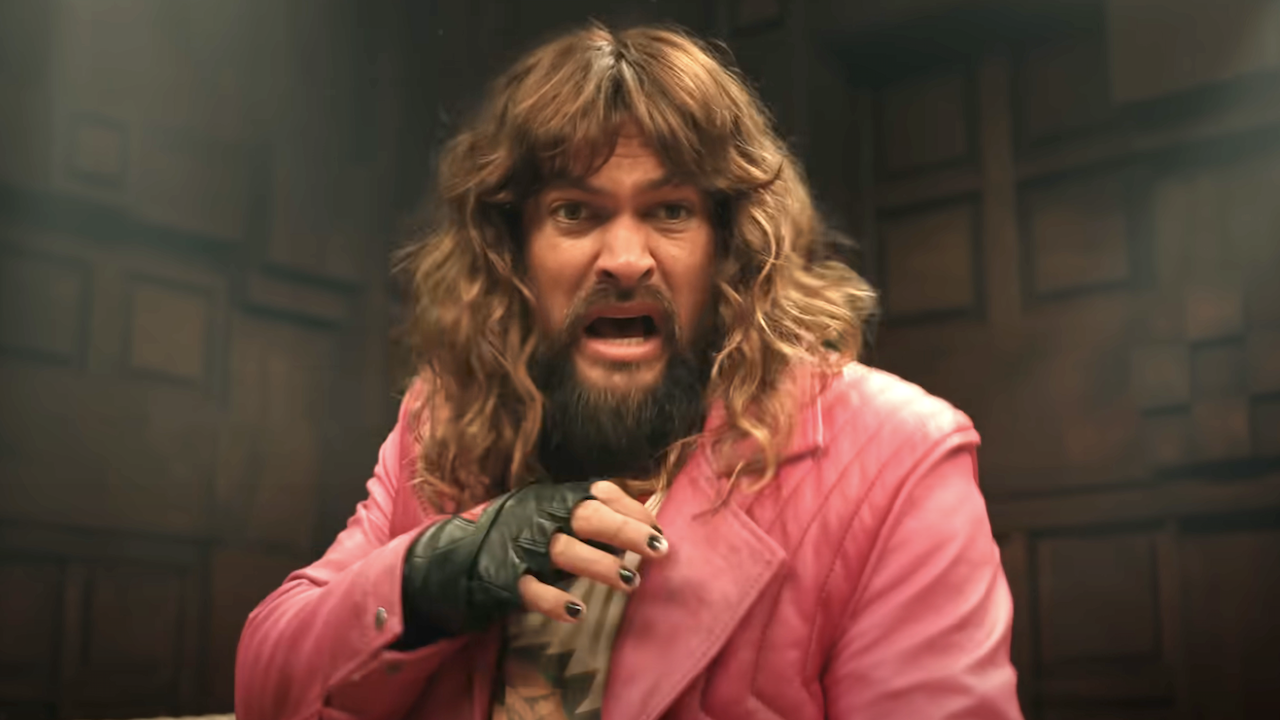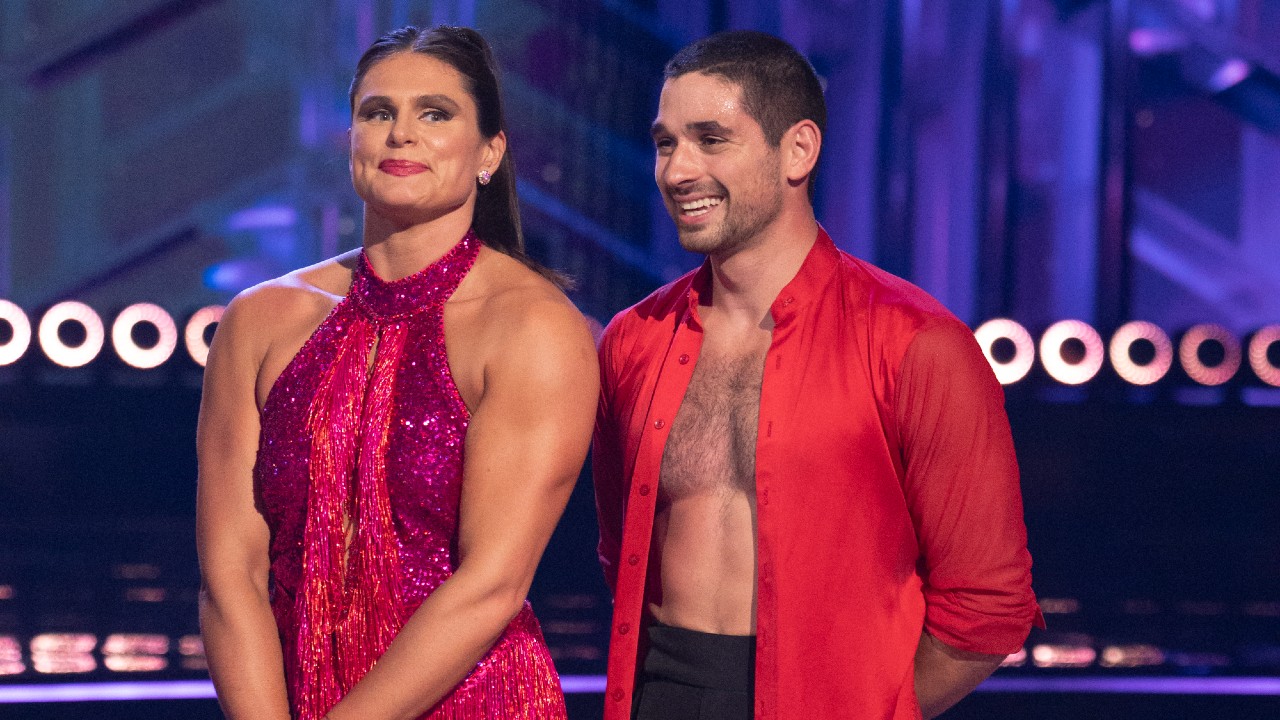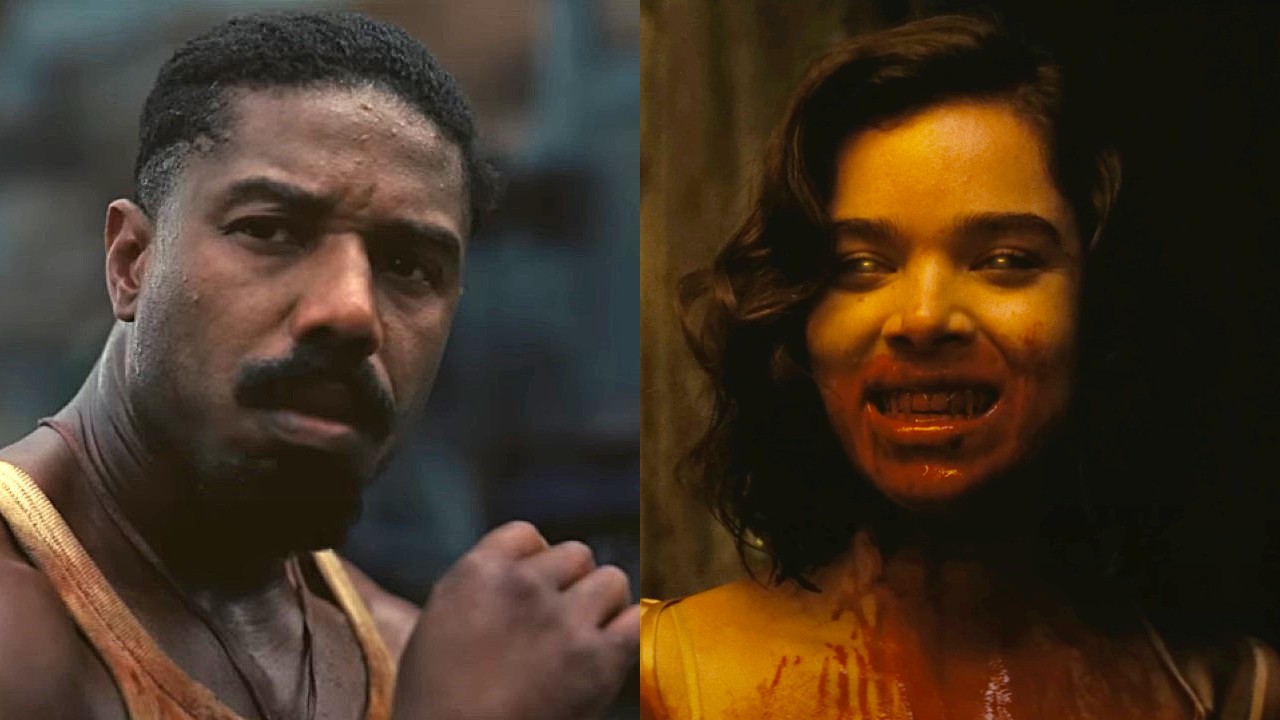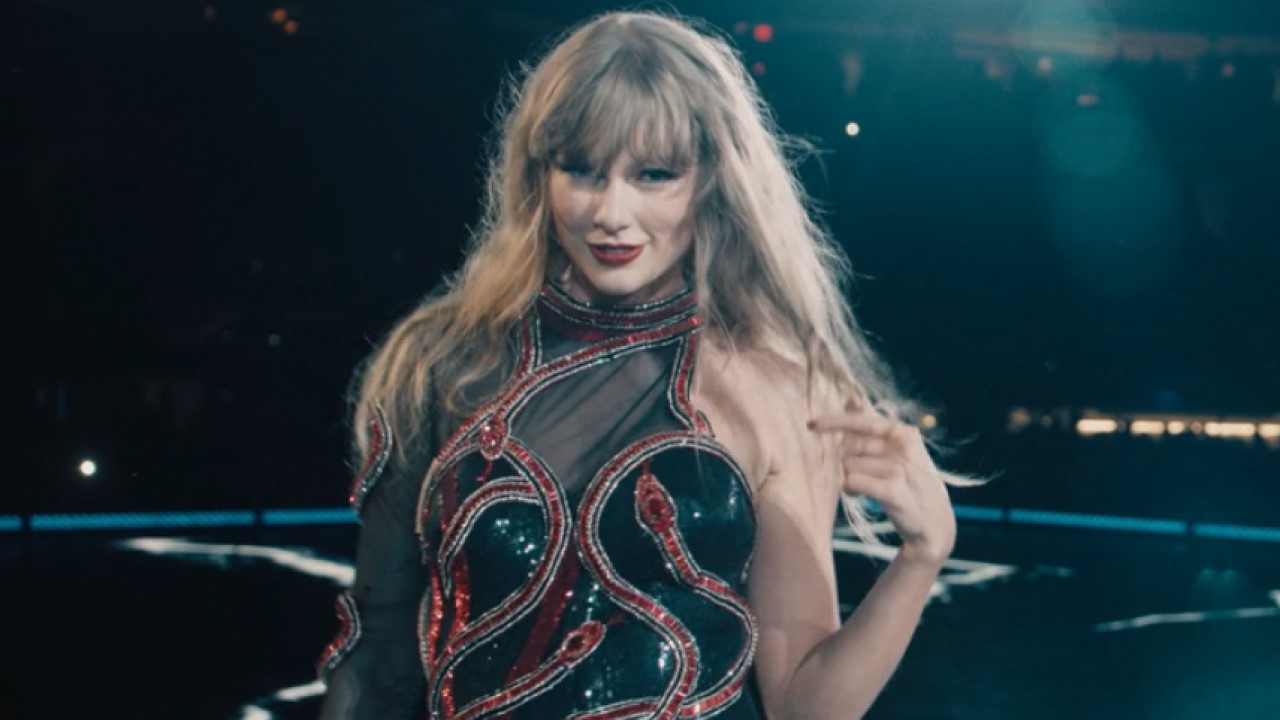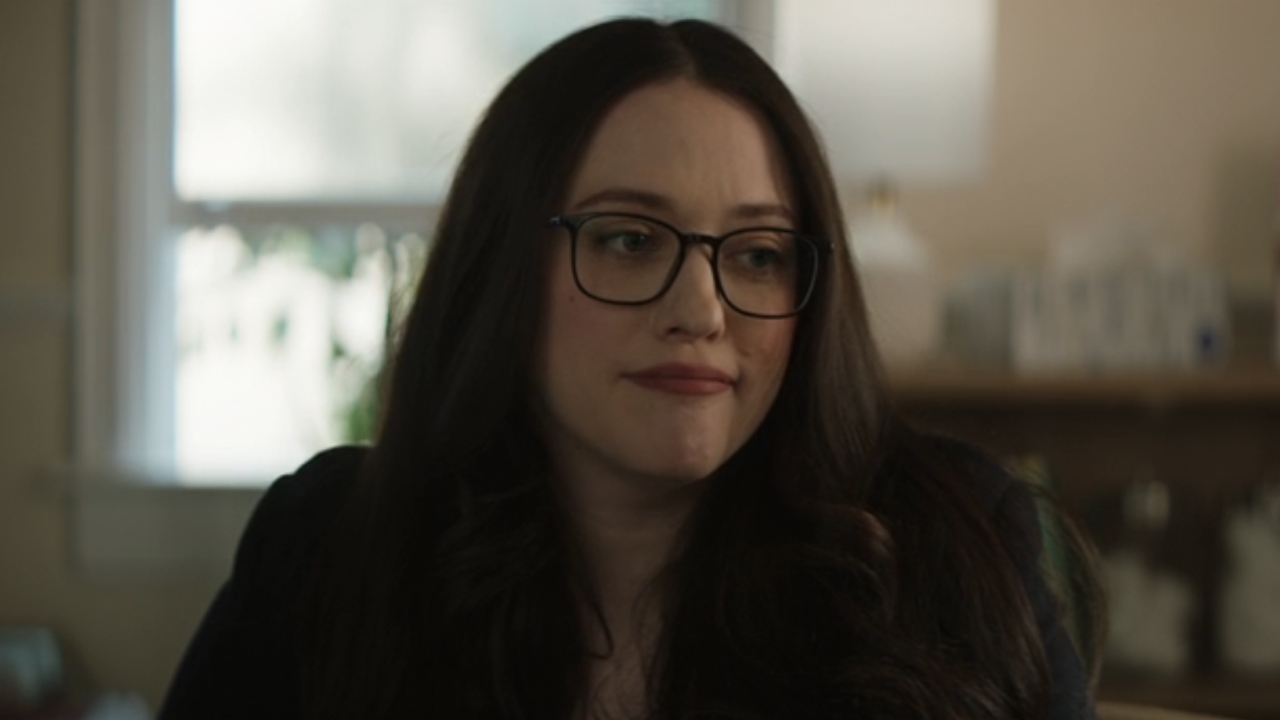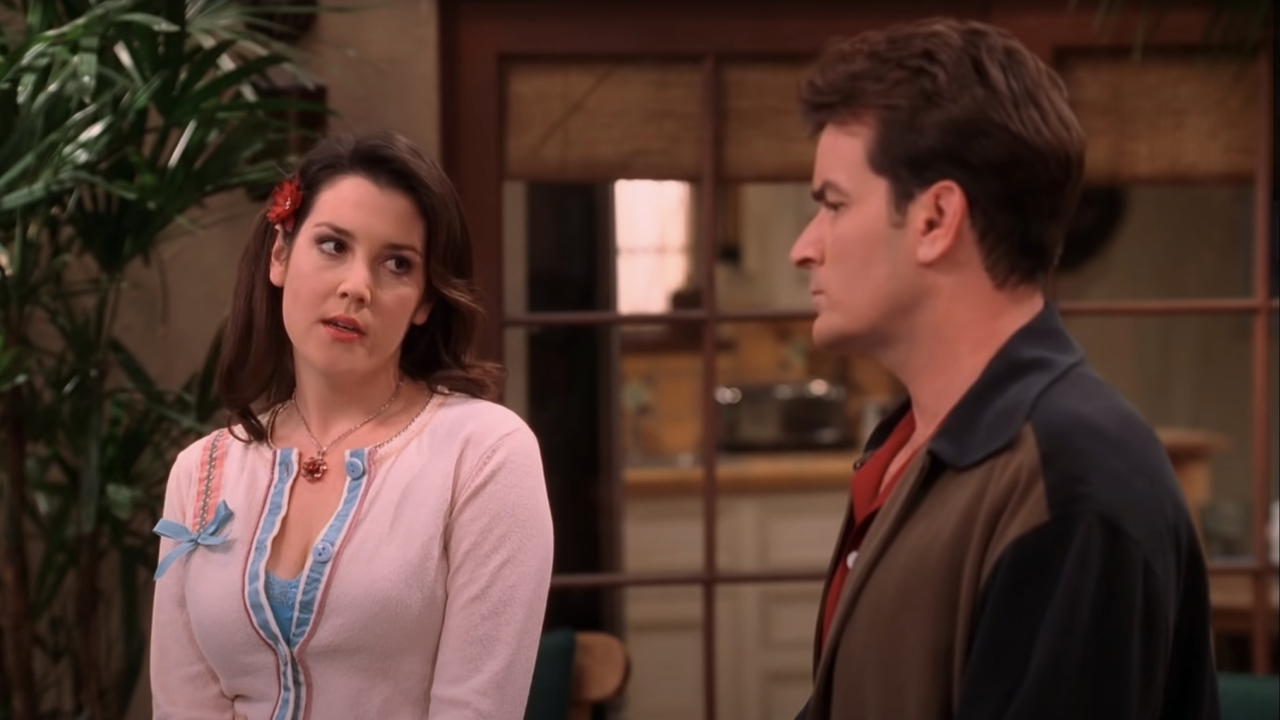Survivor Legend Rupert Boneham’s Thoughts On Bad Gameplay Changes Are So Relevant
We've really lost part of the original show.
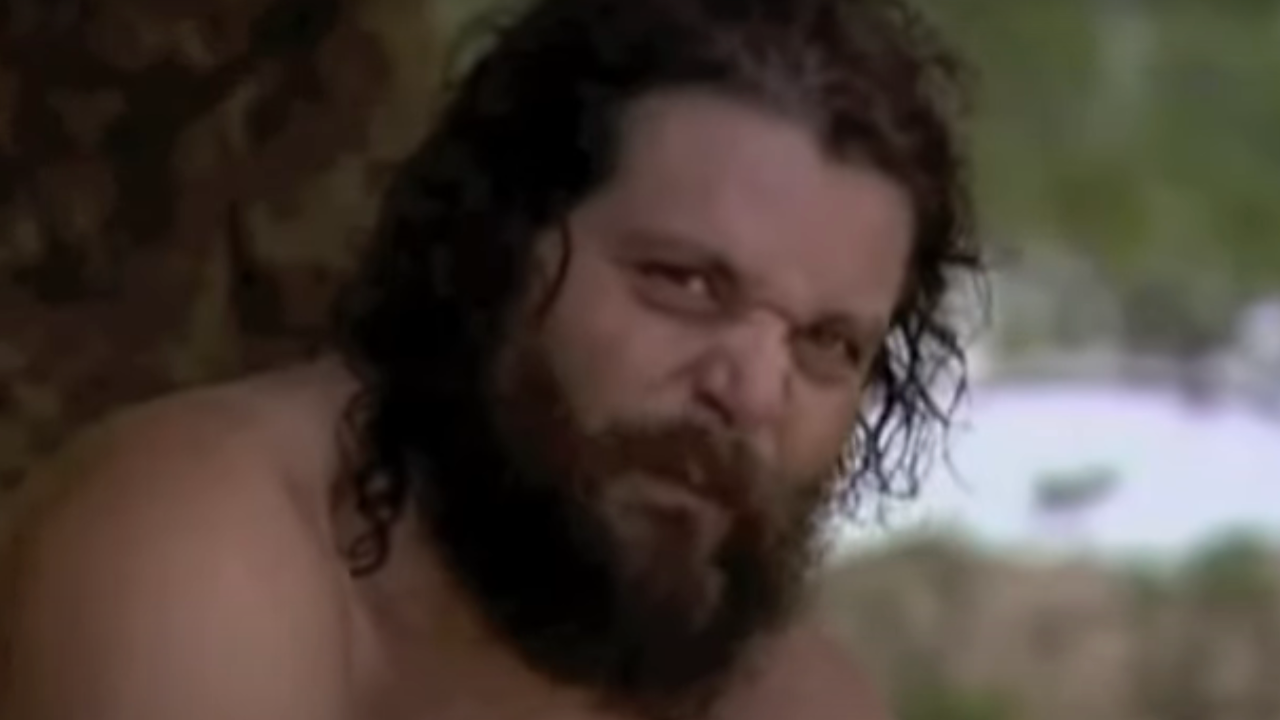
I love Survivor. It’s the greatest reality competition show in TV history, and while I obviously watch every new episode the second they drop, I also sometimes go back and watch older seasons. Recently, I rewatched Pearl Islands and was looking up some info on fan favorite Rupert Boneham when I came across some comments he made a few years ago about how the game has evolved. They’re more true now than they were at the time he said them.
In an interview with CBS 4 in Indianapolis (Rupert is a big Indiana guy), he talked about what has changed on Survivor over the years. His comments were in reference to Season 41, but they more generally apply to all the more recent seasons that have involved lots of twists and turns. Here’s what he said…
What happened to ‘Survivor’ where it counts on your social game, on your game play. People say I have no game play and they don’t understand because I tell everybody what’s going on and I share everything. But there’s no other guy out there that’s got 100 days in three games. I know the value in the social play, it’s how I made it through. You start throwing challenges and things in there that social play doesn’t matter? You’re taking part of the game away. They should go back to the old way, eight people on each tribe. Strangers. I know I’d love to play again! But, strangers. No food, no water, no nothing. And watch them starve, and struggle and see who the best Survivor is.
Rupert obviously said a lot here, but in the simplest possible terms, he’s saying the social game and the actual surviving part of Survivor have been deemphasized. And that is an absolute fact. Go back and watch the early seasons. Who gets voted out still often has a lot to do with strategy and long-term thinking, but it also is often correlated with who can get along with the other players. Things like picking up around camp, fishing and having a strong work ethic are valid reasons to keep people around, but that’s less often the case now.
First, the game has been shrunk down from thirty-nine days to twenty-six days. Jeff Probst and company don’t seem to think it matters because it just accelerates the pace of challenges from every three days to every two days, but psychologically, that’s an absolutely enormous deal that has a huge impact on the game every single season. By having competitions more often, it keeps the players in game play mode, which makes them prioritize constant strategizing over camp life. I’m not saying being a gigantic pain in the ass doesn’t still get people voted out. It does. But if you have an extra day between every single challenge, it leaves time for personality conflicts to flare up.
Second, the game features so many twists and turns now that you can’t settle into a good rhythm with your tribemates. Sometimes the twists and turns don't even make logical sense. If you’re randomly dropping your buff and switching tribes, all you’re worried about is numbers. If you’re constantly on the lookout for hidden advantages and random big twists, all you’re obsessing about is gameplay. What did that person get on their journey they went on? Who has a clue to the Idol? Every moment you’re thinking about that is a moment you’re not thinking about how frustrated you are with someone being lazy at camp.
Third, the show seems to be casting a lot of people lately who just don't seem to have it in them to actually survive out there. There's a certain joy in watching people get on out there, connect with nature and try to Swiss Family Robinson there way into making it work. But in an effort to bring on more fun personalities, the show has cast a lot of people recently who don't seem like they could survive a night camping in their backyard. Multiple people quit this season.
And to some fans, that may not matter. Certainly the new Survivor has been designed to create a steady stream of a-ha moments featuring more over the top players, but some of us don’t need those big moments to enjoy the show. Some of us want to see the real struggle of people surviving. We want to see whether an alliance can hold over the course of 12 or 15 days without the game throwing in some big twist. We want to see if spending hours finding firewood every day is enough to keep someone in the game who might otherwise be on the outs.
CINEMABLEND NEWSLETTER
Your Daily Blend of Entertainment News
I love Survivor. I will always love Survivor. But reading Rupert’s comments here made me nostalgic for the earlier days of Survivor in which the social game and how good you were at actually surviving mattered.
Mack Rawden is the Editor-In-Chief of CinemaBlend. He first started working at the publication as a writer back in 2007 and has held various jobs at the site in the time since including Managing Editor, Pop Culture Editor and Staff Writer. He now splits his time between working on CinemaBlend’s user experience, helping to plan the site’s editorial direction and writing passionate articles about niche entertainment topics he’s into. He graduated from Indiana University with a degree in English (go Hoosiers!) and has been interviewed and quoted in a variety of publications including Digiday. Enthusiastic about Clue, case-of-the-week mysteries, a great wrestling promo and cookies at Disney World. Less enthusiastic about the pricing structure of cable, loud noises and Tuesdays.
